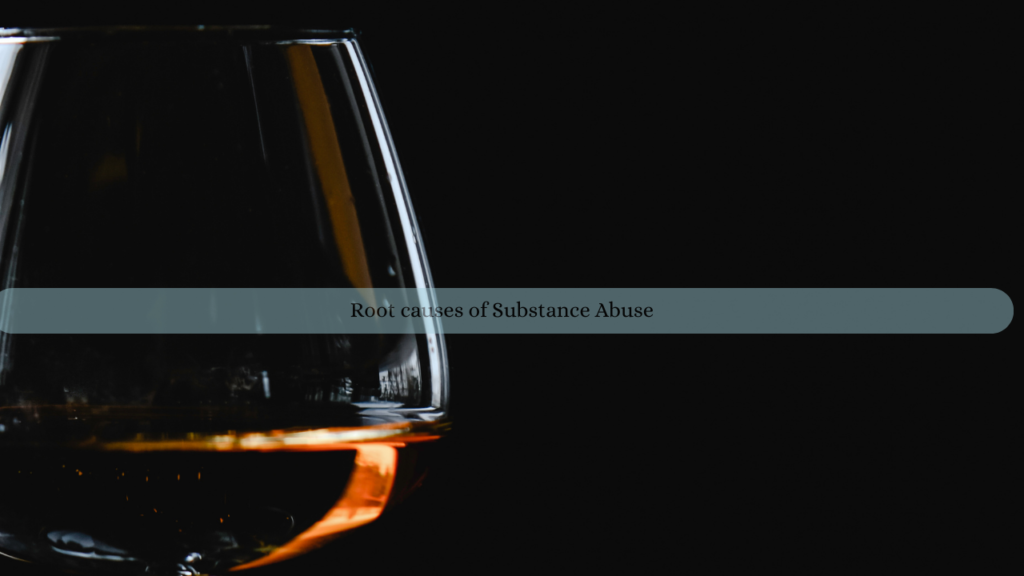Addiction is rarely an overnight occurrence. For most people, it begins with experimentation, often out of curiosity or peer influence. Over time, what starts as occasional use can escalate into dependence and, eventually, full-blown addiction. Understanding the stages of substance abuse is essential in recognizing the warning signs and preventing addiction before it takes hold.
Stage 1: Experimentation – The First Step
Experimentation with drugs or alcohol is common, especially among young people. This initial use may be triggered by curiosity, peer pressure, or the desire to experience something new. At this stage, substance use is typically occasional and not yet associated with cravings or dependence.
Many individuals experiment with substances in social settings, such as parties or gatherings. They may not intend to continue using, but the pleasurable effects of substances, such as relaxation, euphoria, or increased confidence, can create a false sense of control. Some people can walk away after experimenting, while others become intrigued enough to continue using.
Stage 2: Regular Use – Developing a Pattern
As substance use continues, it may become more frequent. What was once an occasional activity might turn into a habit. Individuals at this stage may begin using substances to cope with stress, anxiety, or emotional pain. For example, someone who initially drank only at social events may start drinking alone after a stressful day.
This stage is dangerous because the brain begins associating substance use with relief or pleasure. Even if the person is not physically dependent yet, their behavior and mindset are shifting toward regular use.
Stage 3: Risky Use – The Warning Signs
As substance use becomes more frequent, risky behaviors start to emerge. Individuals may begin neglecting responsibilities, missing work or school, or engaging in dangerous activities while under the influence, such as driving drunk.
At this stage, people often deny that they have a problem. They may justify their use by comparing themselves to others or insisting they can quit anytime. However, physical and emotional warning signs, such as mood swings, increased tolerance, and withdrawal symptoms, may begin appearing.
Stage 4: Dependence – Losing Control
Dependence occurs when a person’s body and mind become reliant on a substance. There are two types of dependence: physical and psychological.
- Physical dependence happens when the body adapts to the substance, requiring more to achieve the same effect. Withdrawal symptoms, such as nausea, headaches, and anxiety, occur when the substance is not used.
- Psychological dependence occurs when a person believes they need the substance to function normally or cope with life’s challenges. At this point, quitting feels nearly impossible.
Stage 5: Addiction – The Point of No Return
Addiction is the final stage of substance abuse, where the person has lost control over their use. The brain’s reward system has been rewired, making it difficult to experience pleasure without the substance. Cravings become overwhelming, and attempts to quit often result in relapse.
At this stage, addiction affects all aspects of life, including relationships, work, and health. Professional treatment, including therapy, support groups, and sometimes medication, is often necessary to recover.
Conclusion
Understanding how substance abuse develops—from experimentation to addiction—can help individuals recognize early warning signs and seek help before it’s too late. By addressing the root causes of addiction and promoting awareness, we can work toward prevention and recovery for those struggling with substance use disorders.









